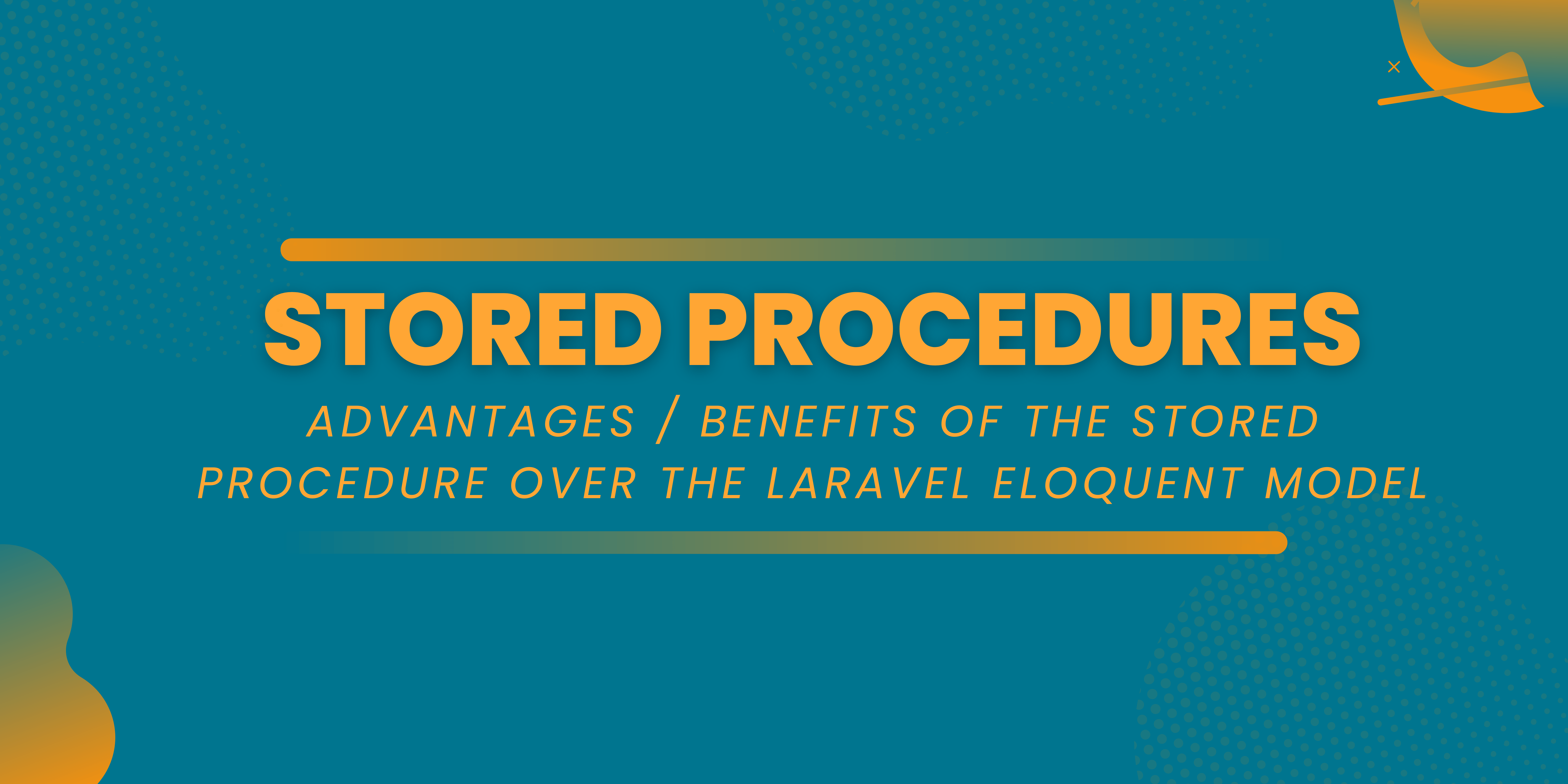Leveraging Laravel and Stored Procedures for Optimal Database Performance
Leveraging Laravel and Stored Procedures for Optimal Database Performance As a Laravel Artisan, one of the most powerful aspects of the Laravel framework is its elegant database toolkit. The framework provides a seamless way to execute SQL queries, manage query reusability, and enhance performance through eloquent relationships and scope functions. However, when scaling to large […]

Leveraging Laravel and Stored Procedures for Optimal Database Performance
As a Laravel Artisan, one of the most powerful aspects of the Laravel framework is its elegant database toolkit. The framework provides a seamless way to execute SQL queries, manage query reusability, and enhance performance through eloquent relationships and scope functions. However, when scaling to large and complex web applications, it’s crucial to consider the role of Stored Procedures (SPs) for database optimization.
Understanding the Synergy Between Laravel and SPs
Laravel’s Eloquent ORM is renowned for its performance, offering an active record implementation that simplifies database interactions. Yet, there are scenarios where SPs can offer significant advantages:
1. Performance Boost with Stored Procedures
SPs can lead to performance gains, particularly with complex queries involving multiple joins and subqueries. Precompiled and executed on the database server, SPs often run faster than equivalent PHP code, making them a valuable asset for intensive database operations.
2. Minimizing Network Traffic
Utilizing SPs means only the call to the procedure is sent over the network, not the entire query. This approach can drastically reduce network traffic, enhancing the efficiency of communication between your application and the database server.
3. Centralized Business Logic
Stored procedures encapsulate business logic within the database, centralizing it in one location. This is especially beneficial for applications sharing the same database, ensuring consistent logic application-wide.
4. Enhanced Security Measures
SPs add a layer of security by allowing you to restrict user permissions at the database level. Users can execute specific procedures without having direct access to tables or views, safeguarding sensitive data.
5. Database as an API
Consider SPs as your database’s API. They abstract the database schema, and schema changes may not necessitate application code alterations, provided the procedure interface remains constant.
6. Handling Complex Operations
For operations too intricate for Eloquent or the Query Builder—like dynamic SQL or cursor operations—SPs are the superior tool, adeptly managing these complex tasks.
Conclusion: Selecting the Right Tool for Your Application
In summary, while Laravel offers robust tools for database interaction, SPs present additional benefits in performance, security, and manageability. For complex or large-scale applications, the integration of SPs can be a game-changer. It’s about choosing the right tool for the job, tailored to your application’s unique needs and circumstances.
Thanks for the reaadng.





